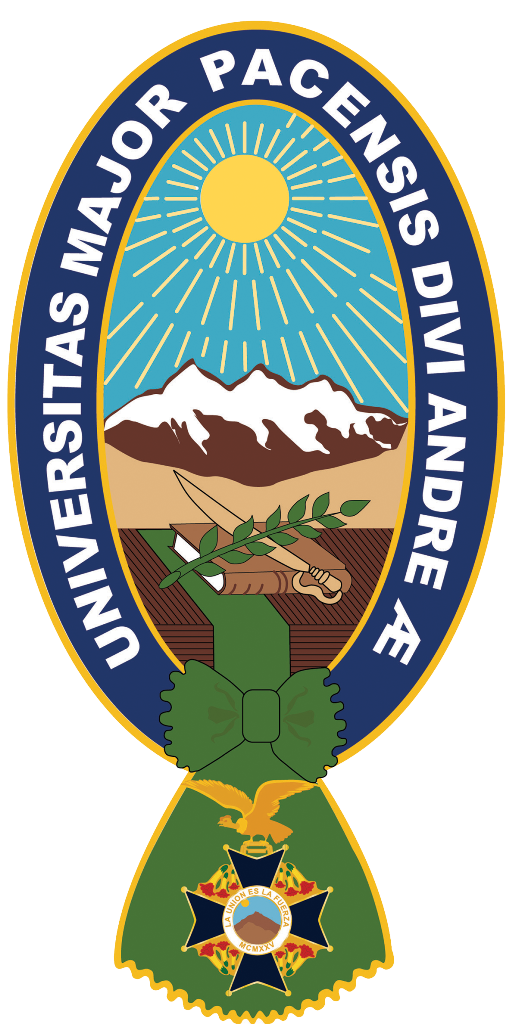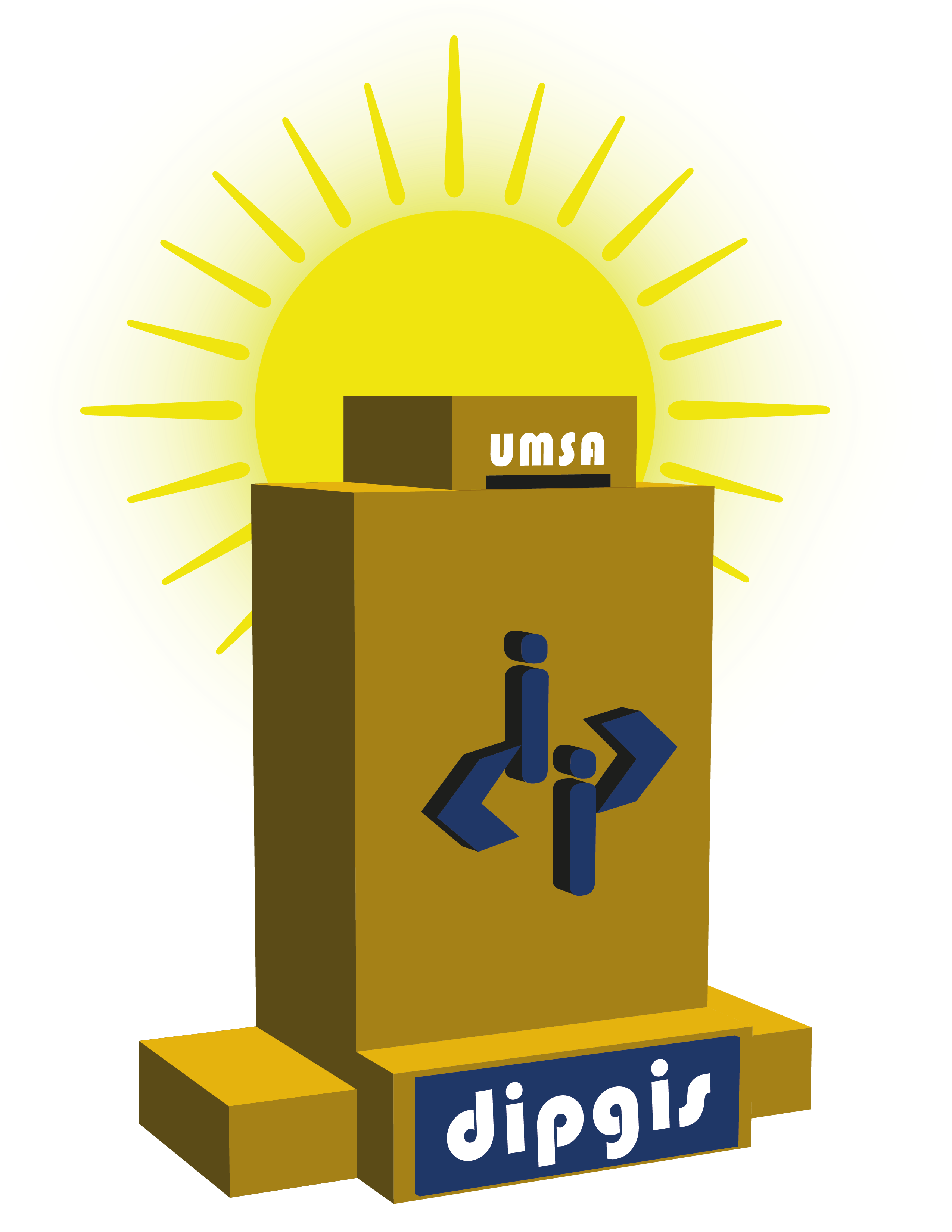Polución acuática y remediación en Sistema de lagos de altura Titicaca
- Nombre Abreviado 393 POLUCION
- Financiamiento ASDI
- Convocatoria Programa UMSA - ASDI 2013 - 2017
- Categoria y Convocatoria del proyecto Programa UMSA - ASDI
- Duración Inicio: 01/01/2013 Fin: 31/12/2017
- Tipo de Investigación
-
Datos SIGEP:
Unidad ejecutora Programa Sub-programa Proyecto Actividad 95 51 0 0000 393 -
Resumen del Proyecto
This project will establish the basis for an inter-disciplinary, and inter-departmental research and training program at Master and Ph.D. levels in the field of water quality, hydrochemistry, monitoring and remediation in the Altiplano region. This will be achieved by consolidating the capacities for water quality monitoring, hydrochemistry, biogeochemistry of contaminants and developing remediation strategies for aquatic contaminants mainly in the Titicaca Lake. These water bodies are the most important source of fresh water in the Altiplano region and of major ecological, economic and cultural importance to a population of ca. 2,5 million. Despite their importance all of them are subject to increasing anthropogenic pressure by the growing water demand and in particular by contamination from mining industries, the agricultural runoff and untreated wastewaters. Through this Research Training Partnership program two Ph.D. graduate students will be trained in Sweden in a sandwich model, the Ph.D. students will first defend a Licentiate Thesis after the completion of 2 years before proceeding with the PhD thesis.
After the completion of 5 years, with the...Ver mas
-
Objetivo General
-
The first specific objective will be to obtain the approval for an inter-disciplinary doctoral program in sciences and strengthen the local master programs to provide a self administered high level training program. The main tasks to achieve this objective will be to improve the analytical capacities of our labs and organize workshops to develop agreements between existing master programs and departments. This should allow the set up of the Ph.D. program to be proposed for approval by the University authorities.
-
-
Objetivos Especificos
-
The second specific objective will be to improve our knowledge about pollution in the Titicaca Lake through an intensive monitoring program to prioritize the contaminants and areas for further research needed to establish a local early warning system. The main task for this second objective will be intensive monitoring research about contaminants in Lake Titicaca. All of these should contribute with the training of a Ph.D. and generate basic information needed to prioritize contaminants and polluted sites for further research and remediation.
-
The third specific objective is to improve our understanding of the effect of nutrient enrichment on the dispersal and biogeochemistry of contaminants to prioritize water treatment strategies. The main tasks will be: Characterize the relations between nutrient enrichment and microbial community, physicochemical characteristics and metal species composition; Characterize the relation between the microbial community structure and metal speciation processes in different compartments
-
The fourth specific objective, collecting the information generated by the second and third objective, will be to evaluate chemical and biotechnological alternatives for remediation and degradation of contaminants such as metals, organic compounds, nitrogen and phosphorus.
-
- Coordinador Jorge Emilio Quintanilla Aguirre
- Co-cordinador
-
- Participantes del proyecto
Nombre Grado Académico Cargo Cédula de identidad Licenciatura Apoyo administrativo (Categoria D)Licenciatura Becario PostGrado (Categoria D)Licenciatura Becario PostGrado (Categoria D)Universitario Becario Pregrado (Categoria D)Doctorado Ph.D. Co-coordinador (Categoria D)Licenciatura Coordinador (Categoria D)Maestria Doctorando (Categoria D)Maestria Doctorando (Categoria D)Doctorado Ph.D. Investigador (Categoria D)Egresado Investigador (Categoria D)Egresado Investigador (Categoria D)Licenciatura Investigador (Categoria D)Licenciatura Investigador (Categoria D)Licenciatura Investigador (Categoria D)Bachiller Investigador (Categoria D)Licenciatura Investigador (Categoria D)Universitario Investigador (Categoria D)Doctorado Ph.D. Investigador (Categoria D)Licenciatura Investigador (Categoria D) -
- Colaboradores del proyecto
Nombre Grado Académico Cargo Cédula de identidad Bachiller Chofer (Categoria D)Chofer (Categoria D)Supervisor ()Supervisor ()Post. Doctorado Ph.D. Supervisor () - Unidad Proponente Instituto de Investigaciones Químicas
- Unidad Contraparte
-
+ Unidades Co-Ejecutoras
Nombre de la Unidad Responsable de la Unidad -


